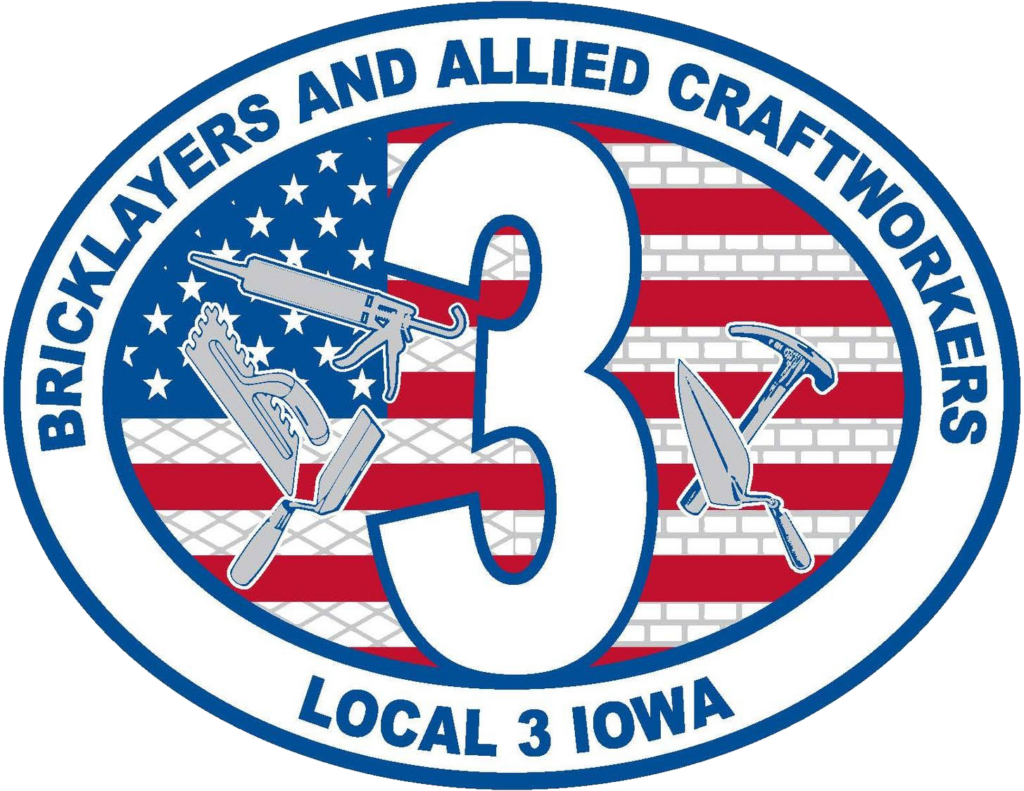
Using essential tools like trowels, levels, hammers, and jointers, bricklayers work with materials such as brick, block, stone, and mortar to bring designs to life. Their work includes:
Bricklayers combine strength, skill, and artistry to build structures that are both beautiful and built to last. At Central Iowa Building Trades, we’re proud to support the men and women who dedicate their careers to this essential craft.
If you’re ready to build a rewarding career or need the best masonry professionals for your next project, you’ll find it here with our highly trained and experienced bricklayers.

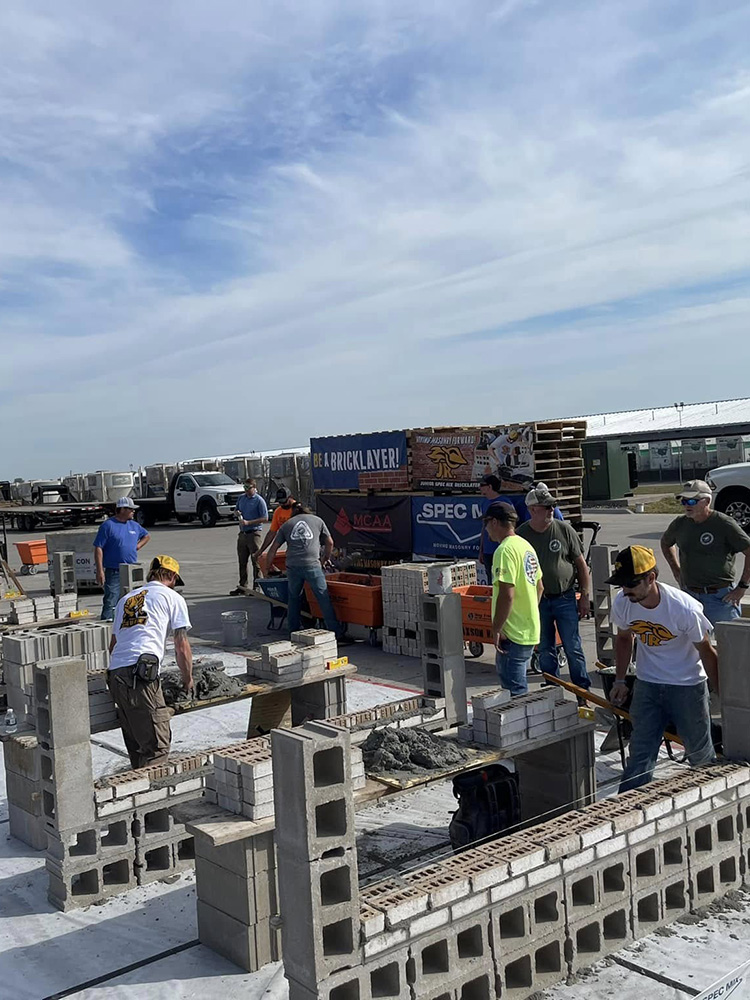
Bricklayers Local 3

Bricklayers Local 3
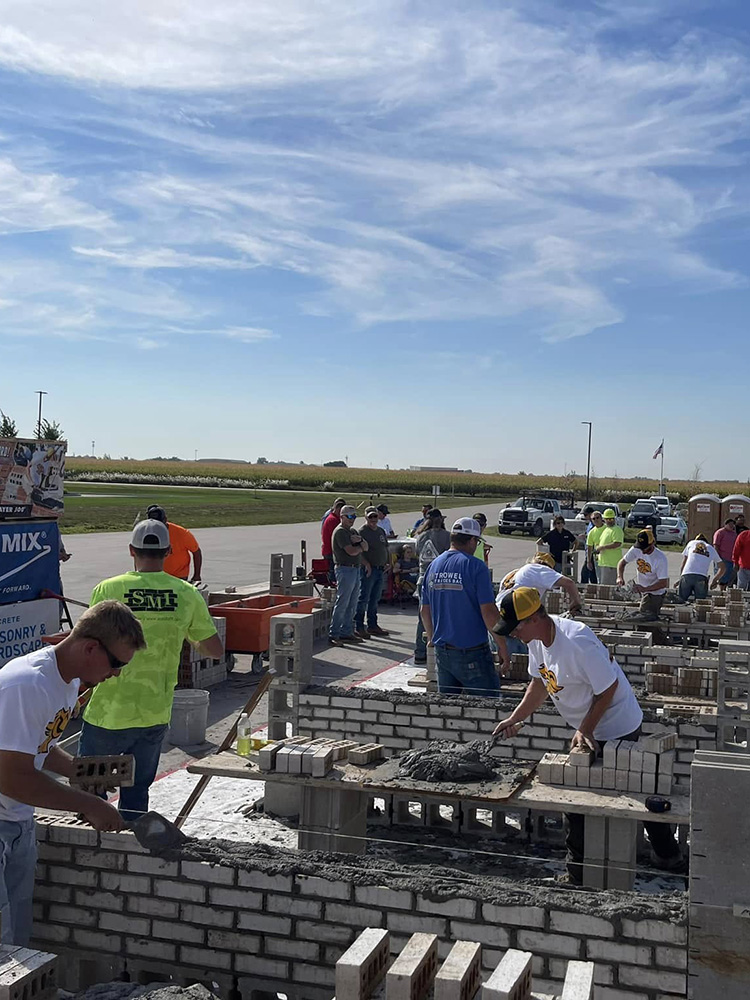
Bricklayers Local 3
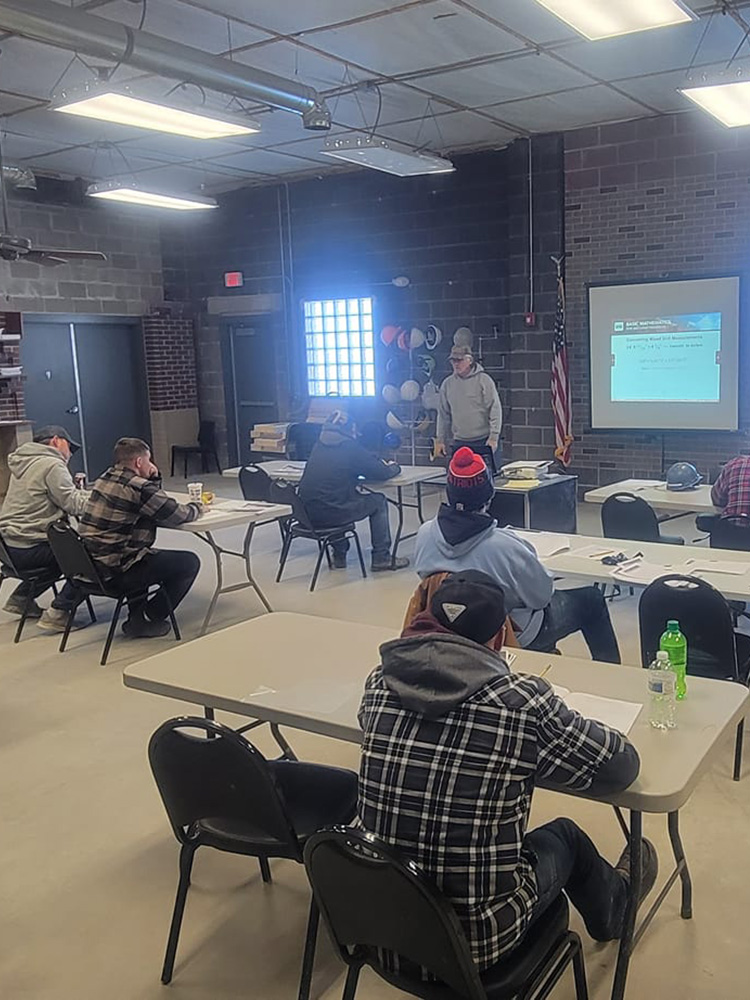
Bricklayers Local 3
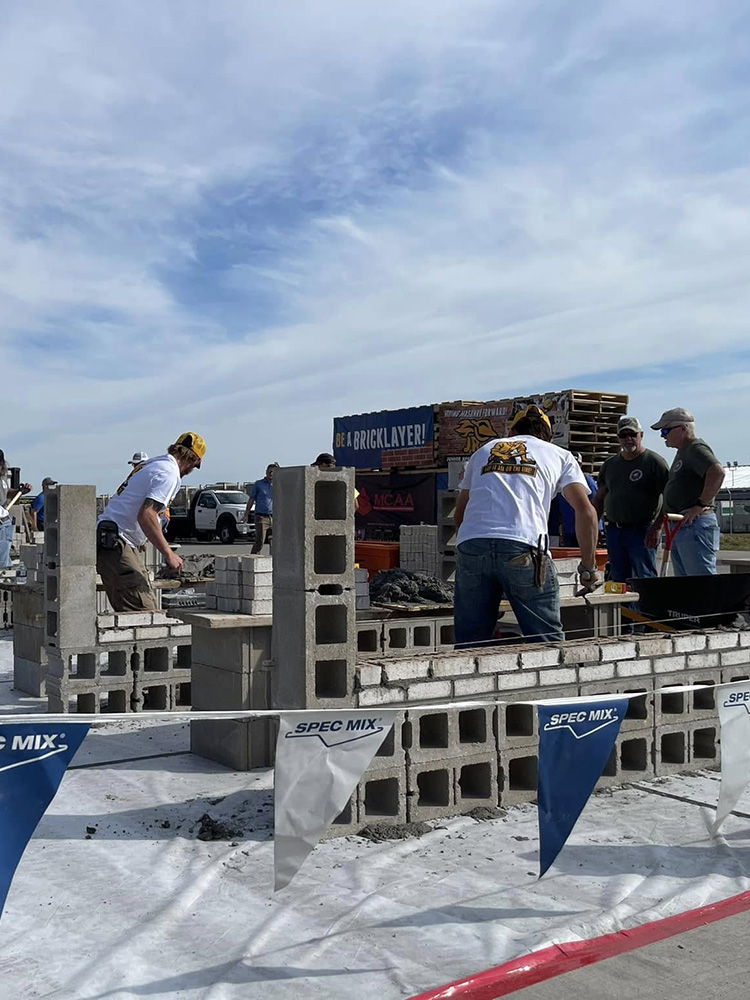
Bricklayers Local 3

Bricklayers Local 3

Bricklayers Local 3

Bricklayers Local 3

Bricklayers Local 3

Bricklayers Local 3
A Bricklayer works with brick, concrete blocks, structural tile, or other masonry. Bricklayers construct walls, partitions, fireplaces, chimneys, and other structures from brick. They also use masonry materials such as concrete, cinder, or gypsum block; pre-cast panels made of brick, cement, tile stone, marble, structural tile, and terra cotta. They also install the brick linings of the individual kilns and furnaces. Bricklayers use hand tools, including chisels, trowels, jointers, plumb bobs, mason’s rulers and levels. Power saws are also sometimes used for cutting masonry materials. Pointers/Caulkers/Cleaners restore old masonry as well as maintain buildings. They also apply waterproofing membrane and caulking products. They also do concrete repair and crack injections.
The apprentices will receive incremental wage rate increases based on a percentage of the Journeyworker rate, beginning at 55%.
Applications are accepted on a continuing basis. We call everyone who has applied in December and interviews usually take place in January. You may apply at our website baclocal3ia.org.
Bricklayers complete a 4 year apprenticeship program prior to becoming a Journeyworker. Through the apprenticeship process the apprentice is introduced to all skills necessary to become a Bricklayer/PCC. This training begins with eight 40- hour weeks of hands-on-training where we work on the skills necessary to be a first-year apprentice. Pre-Apprentice training takes place in March and April. Supplemental instruction in bricklaying, blueprint reading and safety is also received. This related training is split into four one- week blocks in the months of December- March.